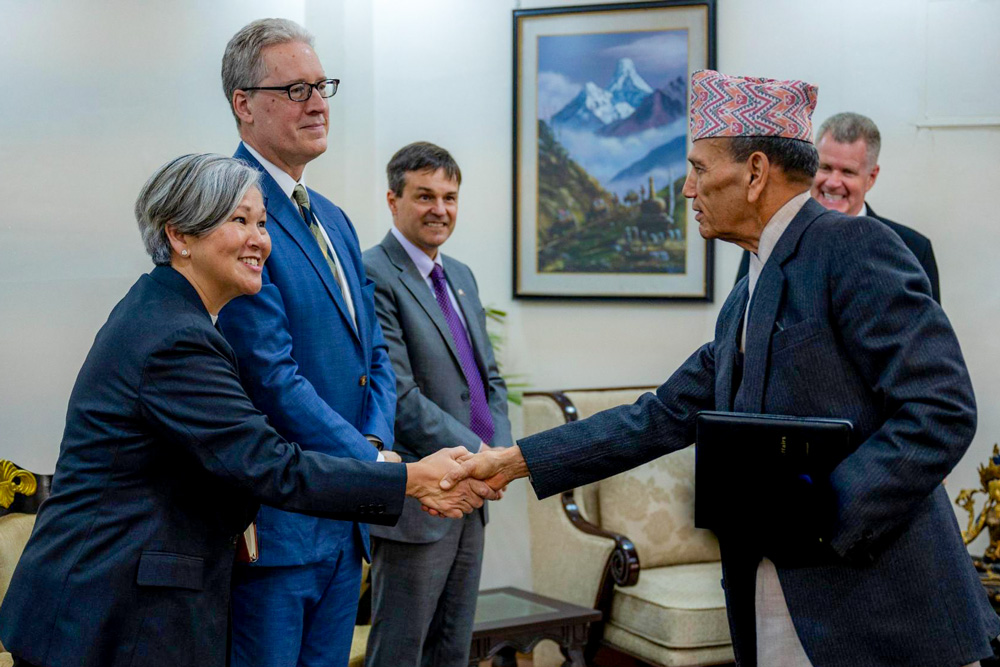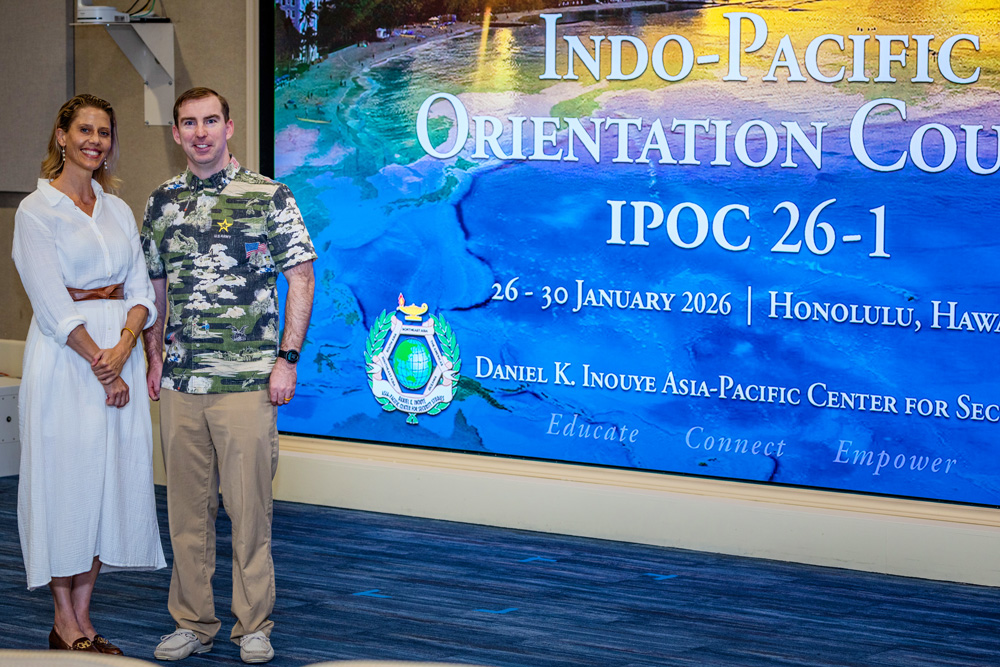“An International Public Health and Virus Surveillance Network for National Security,” is the title of a paper by Dr. Deon Canyon, Dr. Sebastian Kevany and retired Rear Adm. Michael S. Baker for Security Nexus. This article highlights the necessity for the United States to increase national sequence-based surveillance and provide more support for the public health infrastructure to gain control of COVID-19 variants.
Summary
Infectious diseases continue to evolve and disrupt nations around the globe. Placing a priority on the surveillance of Covid mutations by investing in routine genomic sequencing is vital to ensuring a forward-leaning posture and a proactive response to dangerous new variants in the battle against the global pandemic. Multilateral cooperation with all nations is an essential key to this strategy, with the building blocks for this surveillance network already being present in the United States military. Garnering cross-sectoral, whole-of-society alignment is crucial when disease agents rely on public behaviors for survival and dissemination. These complex public health threats and opportunities are thus best managed with joint-force action, interagency collaboration, and international interoperability.
Drs. Canyon and Kevany are professors at the Daniel K. Inouye Asia-Pacific Center for Security Studies (DKI APCSS) in Honolulu, USA. Dr. Baker is a retired U.S. Navy rear admiral. The views expressed in this article are the author’s alone, and do not necessarily reflect the official position of the DKI APCSS or the United States Government.
Security Nexus is a peer-reviewed, online journal published by the Daniel K. Inouye Asia-Pacific Center for Security Studies.
-END-










Great! Joint-force action, interagency coordination, and international interoperability are thus the best ways to manage these complex public health threats and possibilities.